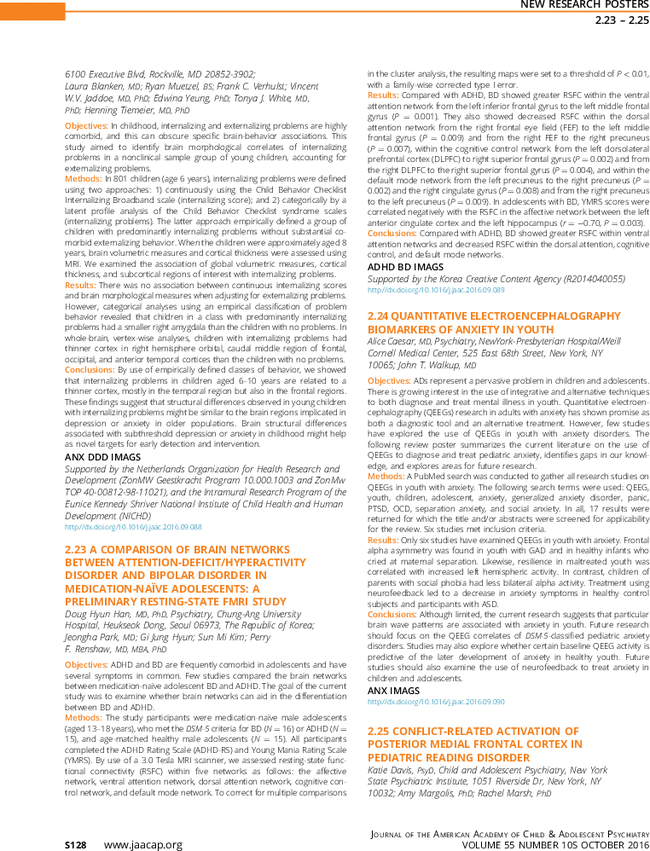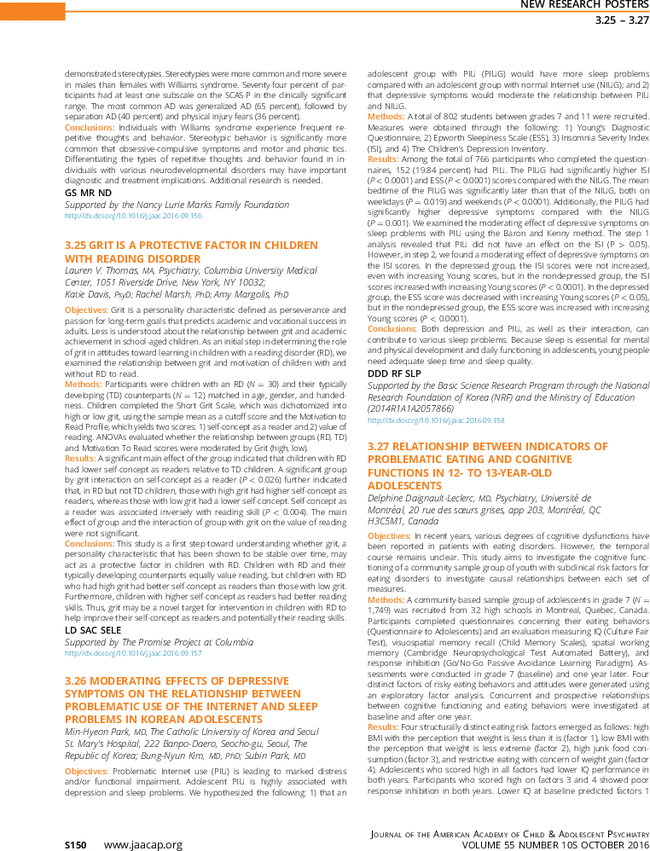
-

Benefits of Therapeutic Tutoring: Addressing the Underlying Issues of Learning Disorders
Therapeutic tutoring allows students to practice skills learned in therapy (specifically related to executive functioning) in a controlled environment. It creates an opportunity to apply skills in a real-life setting that can also be utilized at home when IEPs and/or accommodations may not be as prominent. It encourages independence while also providing guidance and feedback.
-

Encouraging Peer-to-Peer Engagement in Adults with Neurodevelopmental Disorders
Little is known about the potential for peer engagement to enhance learning among adults with neuorodevelopmental disorders. Facilitation of peer engagement might serve as a pathway to less reliance on instructor input.
-

Analysis of Task Performance in an Adult with ASD-3
In collecting discrete-trial data, binary hit/miss scoring and percent correct have often been used in place of more detailed ordinal scoring due to ease of collection. However, binary scoring systems are inherently more imprecise. The two approaches were directly compared in a study of an individual with ASD-3.
-

Conflict-Related Activation of Posterior Medial Frontal Cortex in Pediatric Reading Disorder
Given the common occurrence of anxiety in learning disorders, we assessed the functioning of frontal cortices during the resolution of cognitive conflict in children with reading disorder.
-

Amygdala Sub-Regional Functional Connectivity Predicts Anxiety in Children with Reading Disorder
Given the role of the amygdala in anxiety, we assessed functional connectivity of amygdalar subregions in children with RD to identify functional and structural correlates of anxiety and reading impairment.
-

Understanding and Treating Learning Disorders
It all begins with an idea. Maybe you want to launch a business. Maybe you want to turn a hobby into something more. Or maybe you have a creative project to share with the world. Whatever it is, the way you tell your story online can make all the difference.
-

A Pediatricians's Guide to Concussion Management
Concussion is one of the most common injuries sustained in the pediatric population and by far the largest subset of traumatic brain injury (TBI).
-

Conflict-Related Activation of Posterior Medial Frontal Cortex in Pediatric Reading Disorder
This study aimed to identify brain morphological correlates of internalizing problems in a nonclinical sample group of young children, accounting for externalizing problems.
-

New York City Physicians’ Views of Providing Long-Acting Reversible Contraception to Adolescents
We explored New York City primary care physicians’ experiences, attitudes, and beliefs about counseling and provision of LARC to adolescents.
-

Understanding Neuro-Psychological Assessment: The Nuts and Bolts
This workshop aims to provide practitioners with information on neuropsychological assessment, including components of an evaluation, when to make a referral, and implications of results for treatment and follow-up interventions.
-

Verbal–spatial IQ discrepancies impact brain activation associated with the resolution of cognitive conflict in children and adolescents
We assessed the effects of the VIQ>PIQ discrepancy on fMRI BOLD response during the resolution of cognitive conflict in 55 healthy children and adolescents dur- ing performance of a Simon Spatial Incompatibility task.
-

Longitudinal effects of prenatal exposure to air pollutants on self-regulatory capacities and social competence
We evaluated the influence of prenatal exposure to widespread urban air pollutants on the development of self-regulation and social competence in a longitudinal prospective cohort of children born to nonsmoking minority women in New York City.
-

Grit is a Protective Factor in Children with Reading Disorder
We examined the relationship between grit and motivation of children with and without RD to read.
-

Amygdala sub-regional functional connectivity predicts anxiety in children with reading disorder
Our dimensional approach to stud- ying anxiety in RD revealed how amygdalar connectivity underlies anxiety and reading impairment across a continuum from normal to abnormal.
-

School-Based Health Care Providers' Experiences, Attitudes, and Beliefs about Intrauterine Contraception
This study explored New York City school-based health care providers’ experiences, attitudes, and beliefs about IUC counseling for adolescents. Eight school-based health care providers were interviewed with a semi-structured interview guide based on an implementation science theoretical framework. The interviews were analyzed according to a grounded theory approach.
-

Front Cover Image, Developmental Science, Volume 21, Issue 5, based on the Paper, "Amygdala sub-regional functional connectivity predicts anxiety in children with reading disorder"
The cover image, by Katie Davis et al., is based on the Paper Amygdala sub-regional functional
connectivity predicts anxiety in children with reading disorder, DOI: 10.1111/desc.12631.
-

Using Communication Technologies To Promote Social Engagement In An Adult with Level 3 Autism Spectrum Disorder
We introduced one adult with level 3 autism spectrum disorder (ASD-3) to the use of text messaging to promote social communication skills and establish basic reciprocal social interactions.
-

Assessing The Appropriateness Of Catatonia Rating Scales In Describing Motor Abnormalities In A Man With Autism Spectrum Disorder
The major goals of the present study were to (1) evaluate the appropriateness of existing Catatonia rating scales in describing RRMB on one adult with ASD (level 3) and (2) to use appropriate scale(s) to describe and operationalize RRMB in that adult.
-

EEG Net Tolerance Training for an Adult with Autism Spectrum Disorder
We present a case study in which systemic tolerance training is used to prepare an adult with level 3 autism spectrum disorder (ASD-3) for participation is electrophysiological studies.
-

Systematic Review of Psychosocial Interventions For Adults With Level 3 Autism Spectrum Disorder
This article presents the results of a systemic review of the literature on pyschosocial interventions for adults with ASD-3.
-

Psychoeducational Interventions for Adults With Level 3 Autism Spectrum Disorder: A 50-Year Systematic Review
This paper reviews the empirical evidence supporting the effectiveness of these interventions, many of which are currently used in clinical settings.